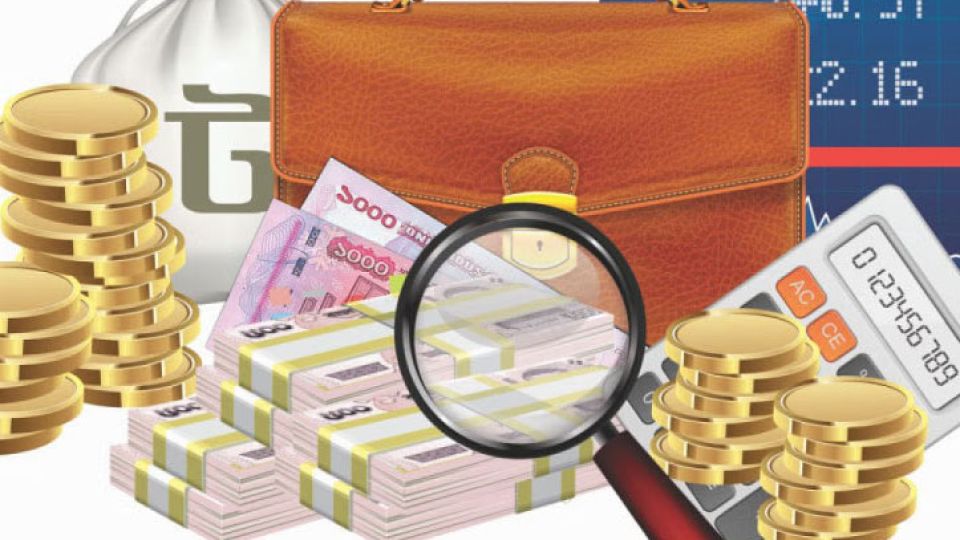April 5, 2024
DHAKA – The government plans to design a Tk 7,96,900 crore outlay in the new budget with a focus on tight spending policy as economic headwinds are expected to persist in the next fiscal year.
The government set 10 priorities in the next budget and the battle against stubborn inflation comes on top.
It will also try to ensure that every village gets the facilities found in urban areas.
The draft outlays for the new budget were discussed yesterday at a meeting of the Fiscal Coordination Council, chaired by Finance Minister Abul Hassan Mahmood Ali.
This was the first meeting of the council since the new government assumed office after the January 7 parliamentary elections.
The draft budget is only 4.6 percent bigger than the original budget of the current fiscal year. The marginal increase would be because of the government’s austerity measures.
Usually, budgets swell by 12 to 13 percent every year. The budget for the current fiscal year is Tk 7,61,785 crore, a 12.35 percent increase from the previous year.
A finance ministry official said, “A preliminary outline has been set. However, the figure could be changed slightly during finalisation before it is placed in parliament.”
The development budget is likely to remain almost the same as that of the current year’s budget.
As part of the government’s tightening of the belt, the annual development programme (ADP) for the next fiscal year would see only a 0.76 percent or Tk 2,000 crore increase to Tk 2,65,000 crore.
A high official of the central bank told the meeting that the pressure on the economy would not ease in the first half of the next fiscal year. As a result, the government needs to continue the tight fiscal and monetary policy, said sources.
One of the priorities of the budget would be imposing slight contractionary policies, considering the global economic and domestic macroeconomic situations.
Another key priority is keeping the budget deficit to a containable level so that macroeconomic balance is ensured and inflation is reduced.
The budget would provide sufficient allocation for implementing the government’s “My village-my town” vision.
Finishing fast-track projects on time; ensuring sufficient allocation for fighting climate-change impacts; ensuring food security; and expanding social safety net programmes, digital education, healthcare, and agricultural mechanisation are among the priorities of the budget.
At the fiscal coordination council meeting, the current economic situation, inflation, and foreign currency reserves were discussed, sources said.
The government aims to keep inflation at 6.5 percent in the next fiscal year.
The original inflation target for the current fiscal year, 6 percent, might be missed and the World Bank has said inflation would be at 9.6 percent this June. The government has revised the target to 7.5 percent.
The council yesterday assumed that the inflation target could be achieved by implementing tight monetary and fiscal policies and improving the supply chain.
It believed that it would not be possible to turn around the forex reserve situation unless the interest rates in foreign countries were cut.
A Bangladesh Bank official said the private sector would not be encouraged to take fresh loans from foreign sources if the interest rate does not go down.
The council also set a budget deficit target of 4.7 percent of the GDP. This year’s budget deficit target is 5.2 percent.
While setting conditions for its $4.7 billion loan programme for Bangladesh, the International Monetary Fund set a limit of budget deficit to below 5 percent of the GDP to control higher inflation and ease forex pressure.
The government’s overall revenue collection target is about Tk 5,00,000 crore this fiscal year and it would be Tk 5,40,000 crore next year.
The revenue growth target will be 4.5 percent higher than that of the current fiscal year.
The government aims to have its GDP growth at 6.75 percent next year. The economic growth goal is expected to be revised downwards to 6.5 percent from 7.5 percent.


